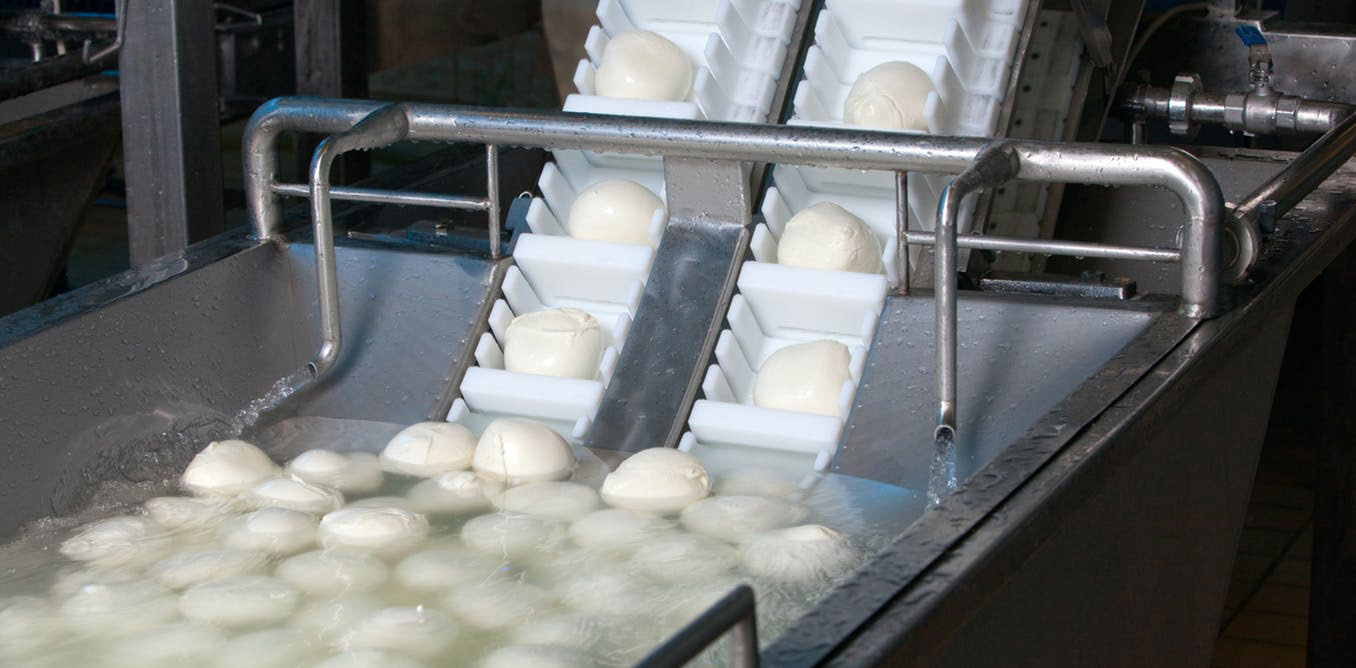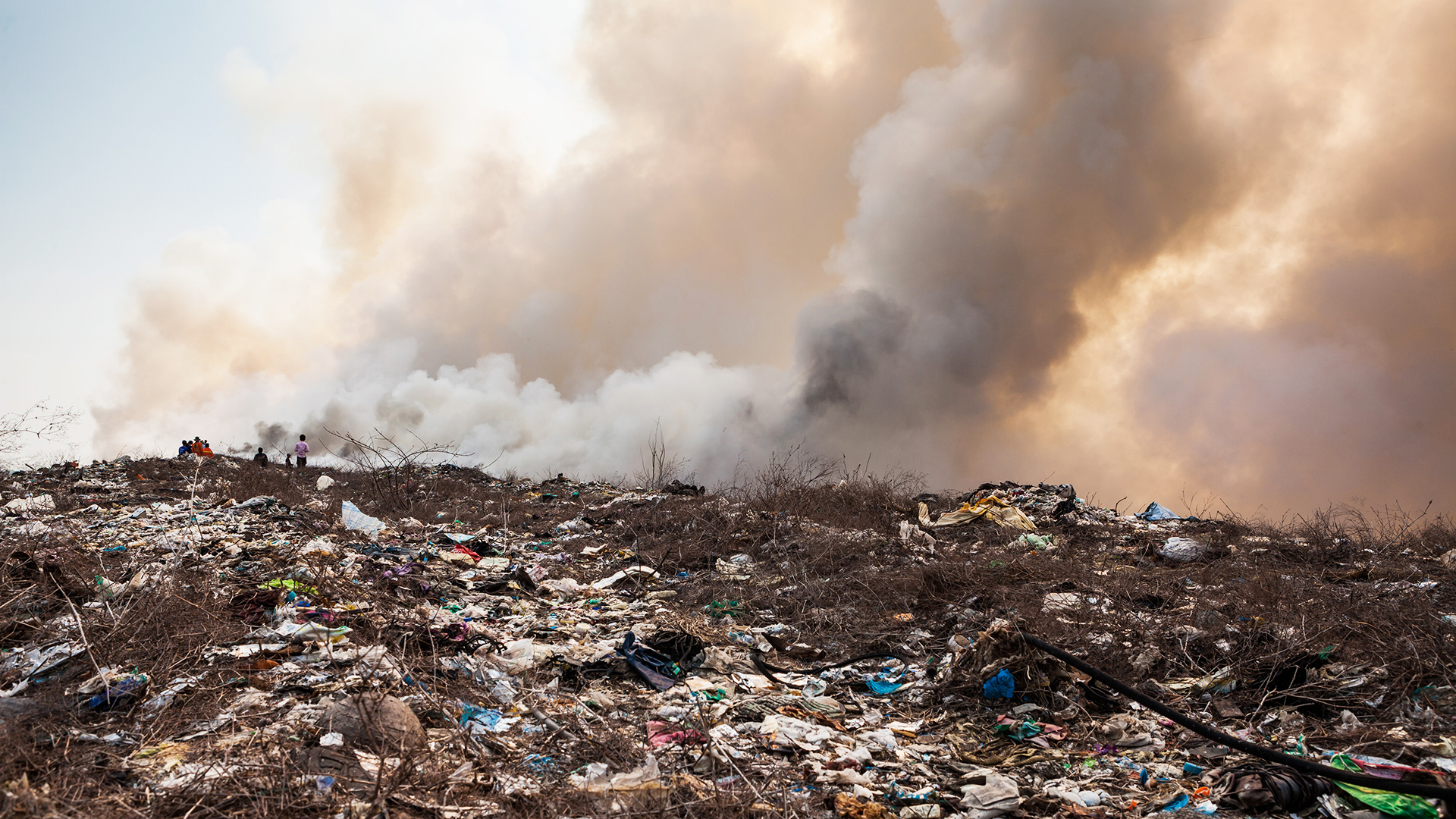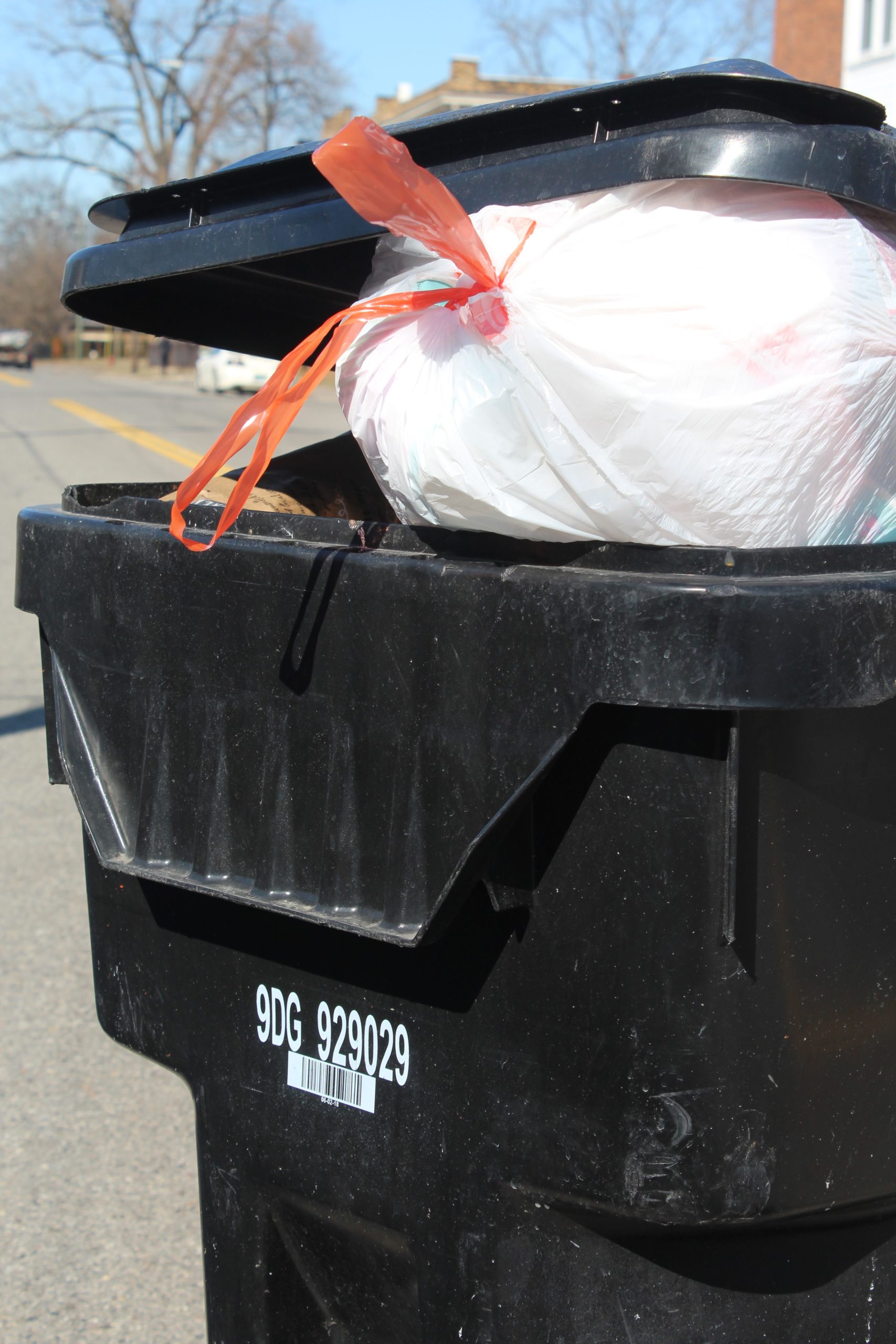Of course, the recycling industry was already in an era of massive upheaval BEFORE the global pandemic. COVID-19 is just making things worse. You’ve no doubt noticed the effect that the pandemic has had on gas prices. Low oil and gas prices mean recycling makes less and less sense economically – since plastic is made from oil, cheap oil means cheap plastic. And when oil is cheap, using virgin plastic makes more economic sense than using recycled plastic.
Category: Environment
How Much of a Difference does Compostable Packaging make?
Compostable containers still take an extremely long time to break down and often times don’t fully break down with regular compost. One of the biggest differences between compostable packaging and organic matter is that compostable packaging does not break down in your backyard compost bin the same way organic matter does. This means compostable packaging often has to be taken to industrial composting facilities, where the energy output to get these compostable containers to break down is much greater than that of regular organic matter. However
One way to reduce food waste: Use it to make soil healthier
According to the U.S. Environmental Protection Agency, the United States generates over 39 million tons of food waste yearly. Strawberries rot on the vine for lack of labor to pick them. Food spoils during transport, at the grocery store or in our homes. More is lost during processing, due to inefficiencies and lack of markets for byproducts.
Why Composting Is In The Green New Deal
The change that we as a society need seems daunting and unlikely. A lot has to happen in a very short period of time. If you’re not feeling too apathetic, you may find yourself often wondering what one person can do. The good news is that we have a way for you to dramatically reduce your environmental footprint – and there’s a good chance you’re not already doing it.
Simple Ways to Reduce your Waste
Compostable food waste contributes to between 20-30% of your waste. When left in landfills, food waste breaks down to produce methane gas because the food breaks down without oxygen. This is a big deal! Methane gas is upwards of 20 times more harmful than CO2. For many people, composting is the single biggest way one can help fight climate change.
Ditch plastic dog poo bags, go compostable
Traditional plastic bags are made from ethylene, derived from petroleum or natural gas. Ethylene does not degrade easily. So these types of bags are major contributors to plastic pollution.
How Microplastics Enter the Food Chain Through Organic Fertilizers
Germany leads the world in recycling, with 65% percent of the population using the country’s color-coded bins. Almost 12 million tons of food and garden waste are composted or turned into bio-gas yearly. The researchers examined fertilizer samples from different types of waste treatment plants, finding samples from those plants converting biowaste contained plastic particles of varying sizes and concentrations.
The Climate Solution Right Under Our Feet
The way to stop climate change might be buried in 300 square feet of earth in the Venice neighborhood of Los Angeles, amid kale and potatoes. A half-dozen city youth are digging through the raised bed on a quiet side street, planting tomato seedlings between peach and lime trees.
Don’t waste your dog’s poo – compost it
One medium-sized dog produces about 180 kilograms of poo a year.
Microplastics In Tap Water and Beer Around the Great Lakes, and Everywhere Else
Most microplastics discovered were 5 millimeters in length or shorter, according to the researchers. For reference, a penny is 19 millimeters in diameter.









